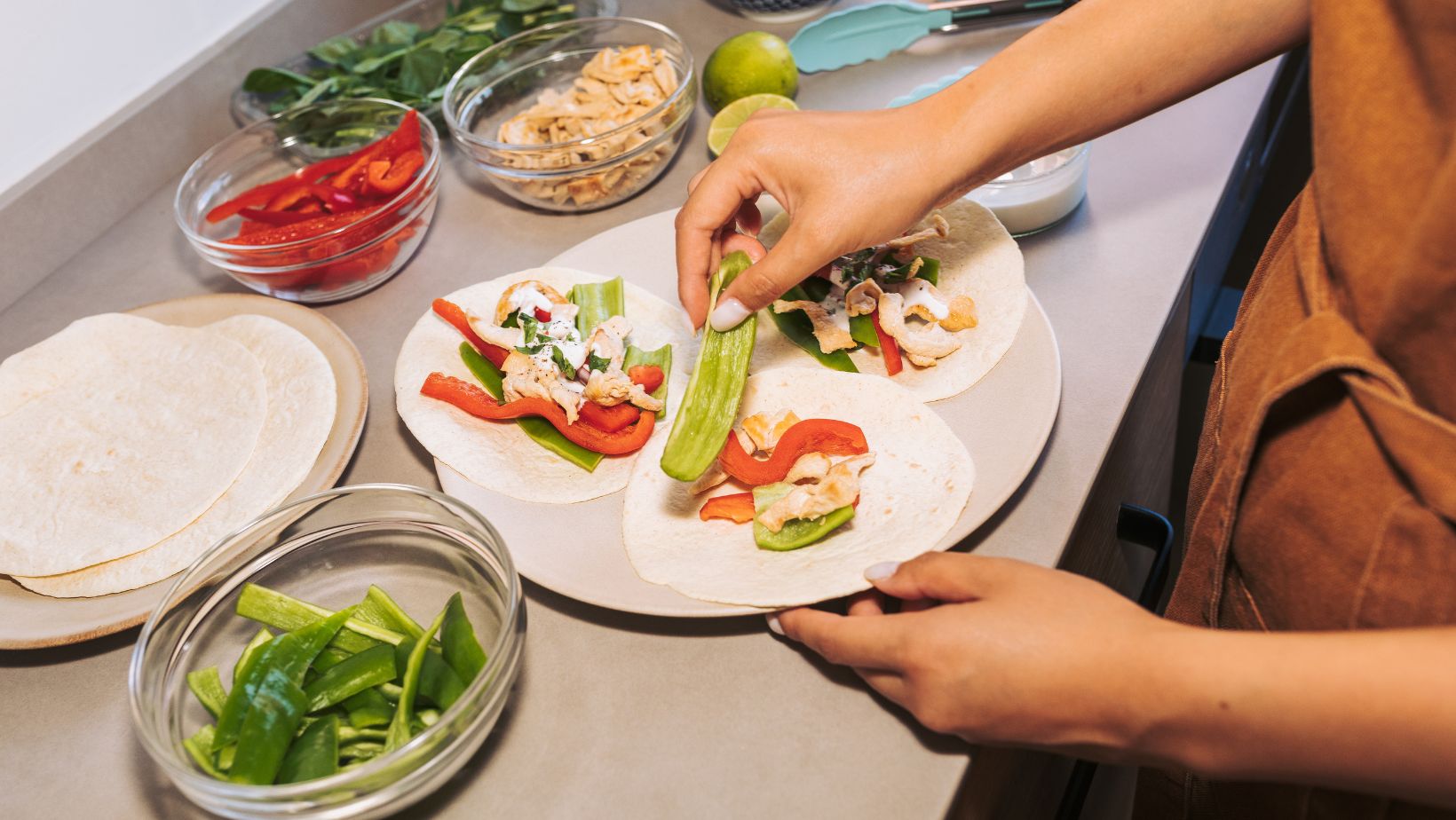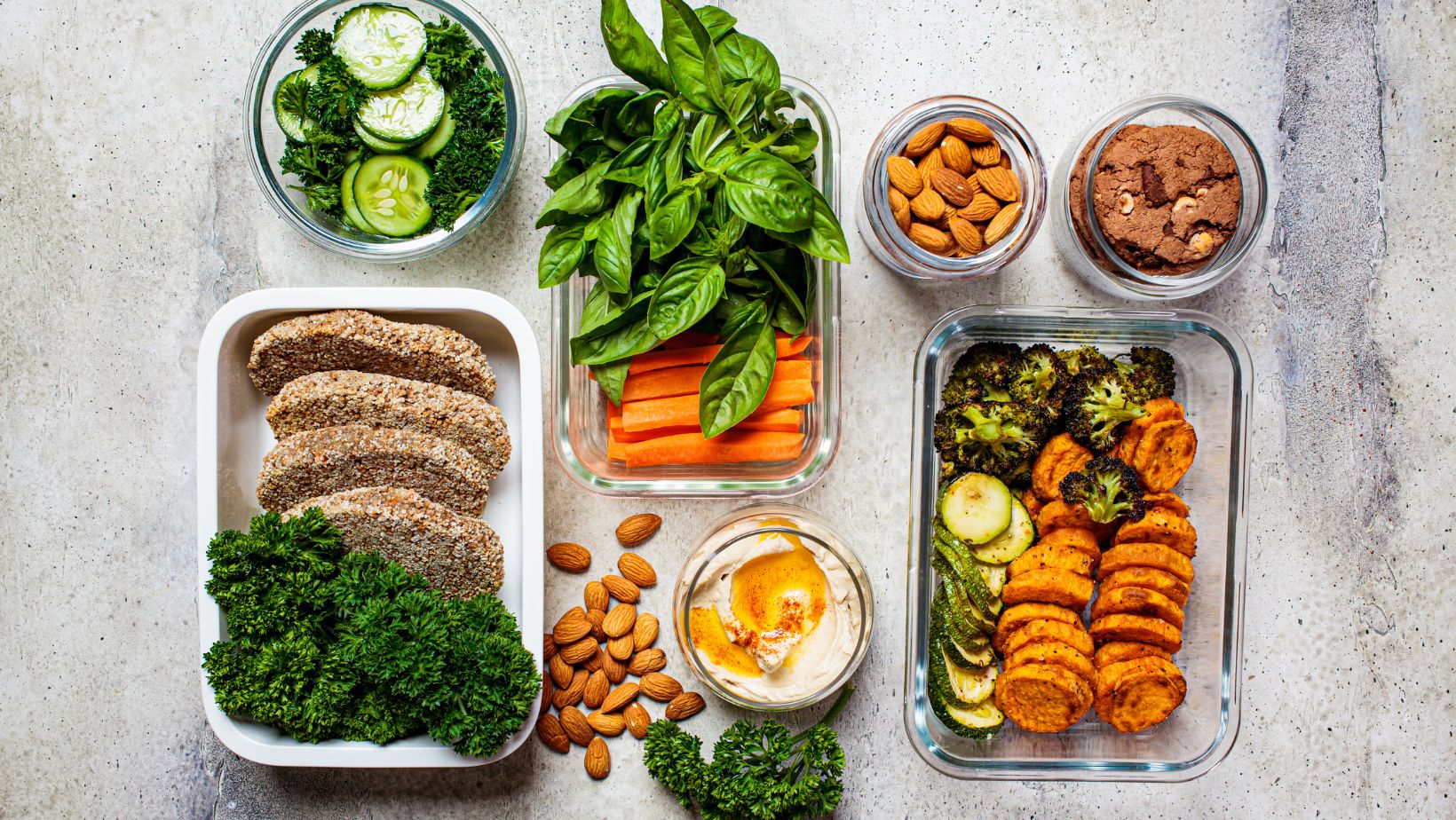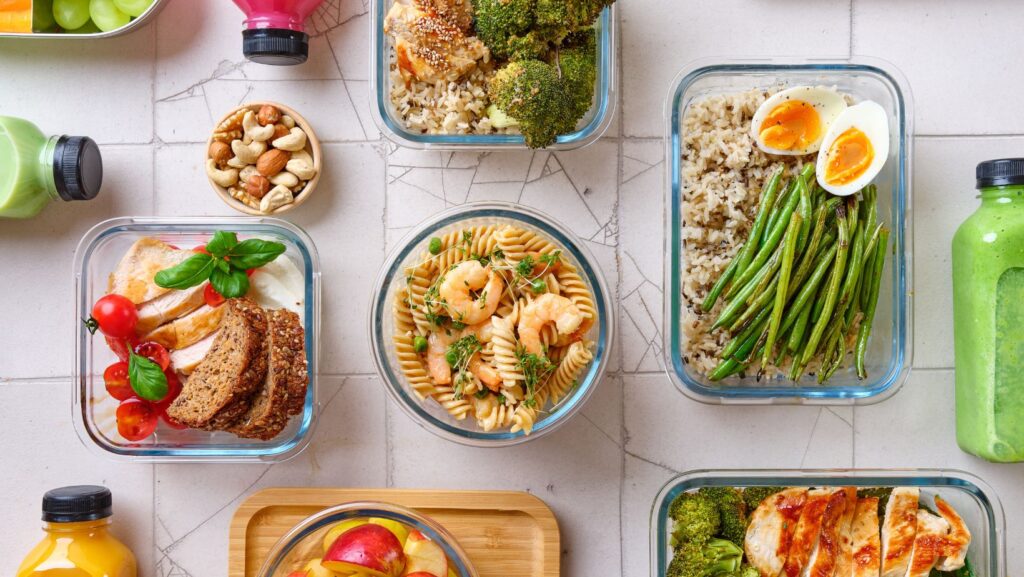Pregnancy is a time of joy and anticipation, but it also comes with its own set of challenges, including the need for proper nutrition. Meal prepping during pregnancy can be a game-changer for expectant mothers looking to maintain a healthy diet amidst busy schedules. It’s a proactive approach that ensures nutritious meals are readily available, making it easier to make wholesome choices and avoid unhealthy cravings.
In this article, we delve into the world of pregnancy meal prep, offering practical tips, recipe ideas, and expert advice to support both the well-being of the mother and the healthy development of the baby. From simple make-ahead snacks to balanced meals that cater to specific nutritional needs, pregnancy meal prep can simplify mealtimes and alleviate the stress of planning and cooking while expecting.
Pregnancy Meal Prep
The Role of Macros and Micros

Pregnancy meal prep plays a crucial role in ensuring expectant mothers receive the necessary macronutrients (macros) and micronutrients (micros) to support a healthy pregnancy. Macros, such as carbohydrates, proteins, and fats, provide the energy needed for the baby’s growth and the mother’s well-being. Micros, including vitamins and minerals, are vital for the proper development of the fetus and to prevent deficiencies that could affect the health of both mother and baby.
Key Vitamins and Minerals for Pregnancy
Incorporating key vitamins and minerals into pregnancy meal prep is essential for overall maternal and fetal health. Folic acid, iron, calcium, and omega-3 fatty acids are some of the crucial nutrients that pregnant women should focus on. Folic acid helps prevent neural tube defects, iron supports oxygen transport in the blood, calcium is essential for bone development, and omega-3 fatty acids aid in brain and eye development. Ensuring these nutrients are included in meal prep can contribute significantly to a healthy pregnancy.
Planning Your Pregnancy Meal Prep
Setting Up a Weekly Meal Prep Schedule
When considering setting up a weekly meal prep schedule for pregnancy, it’s essential to plan meals that are balanced and nutritious. Allocate a specific day each week for meal prepping to streamline the process. Begin by choosing recipes that incorporate a variety of nutrient-dense foods, such as lean proteins, whole grains, fruits, and vegetables. By cooking in batches and portioning out meals in advance, expectant mothers can ensure they have healthy options readily available throughout the week.
Meal Prep Ideas for Each Trimester
First Trimester: Managing Morning Sickness

In the first trimester, managing morning sickness can be a top priority for expectant mothers. To navigate this challenging time, incorporating easily digestible and bland foods into meal prep can help alleviate symptoms. Opt for small, frequent meals rich in carbohydrates and proteins. Examples include whole grain toast with nut butter, crackers with hummus, or yogurt with fruits. Keeping hydrated is essential, so include foods with high water content like watermelon, cucumbers, and soups in your meal prep plan.
Second Trimester: Balancing Energy Levels
During the second trimester, balancing energy levels becomes crucial as the body adjusts to the pregnancy. Incorporate nutrient-dense foods into your meal prep to sustain energy throughout the day. Include complex carbohydrates such as quinoa, sweet potatoes, and whole grains for lasting energy. Pair them with lean proteins like grilled chicken, tofu, or lentils to support muscle growth and repair. Snack on nuts, seeds, and fruits to maintain blood sugar levels and prevent energy dips between meals.
Third Trimester: Preparing for Birth and Postpartum
As the third trimester approaches, preparing for birth and postpartum recovery is essential. Focus on foods rich in iron and calcium to support blood production and bone health. Include leafy greens, legumes, and fortified cereals in your meal prep for iron, while dairy products, sesame seeds, and almonds are excellent sources of calcium. Omega-3 fatty acids are also beneficial for brain development, so incorporate fatty fish like salmon, chia seeds, and walnuts into your meals. Preparing freezer-friendly meals for postpartum days can help streamline meal times and ensure nutritious options are readily available.
